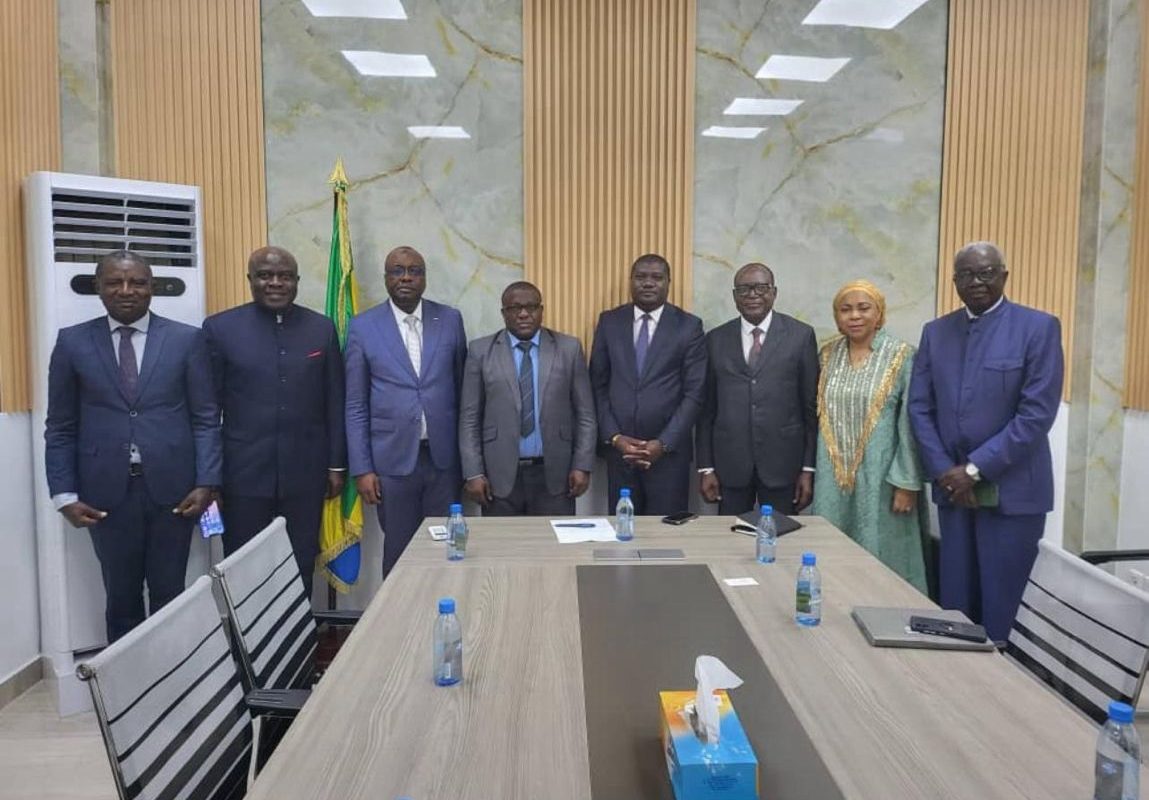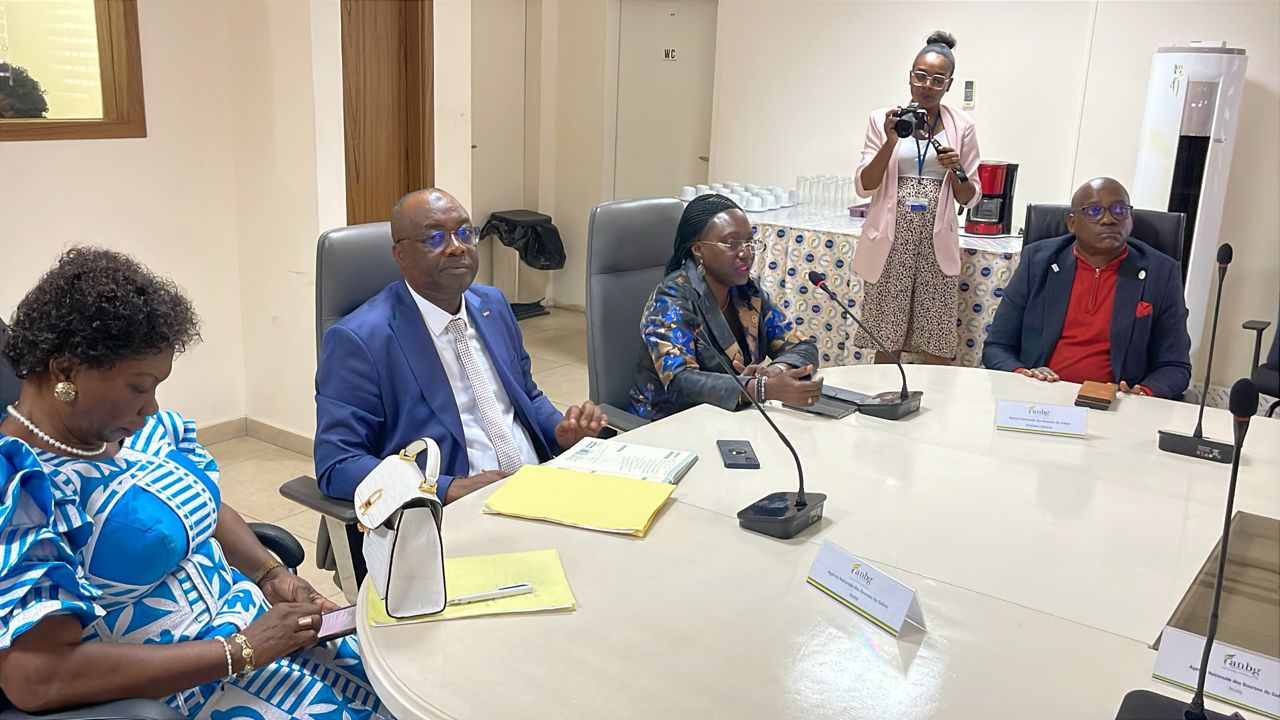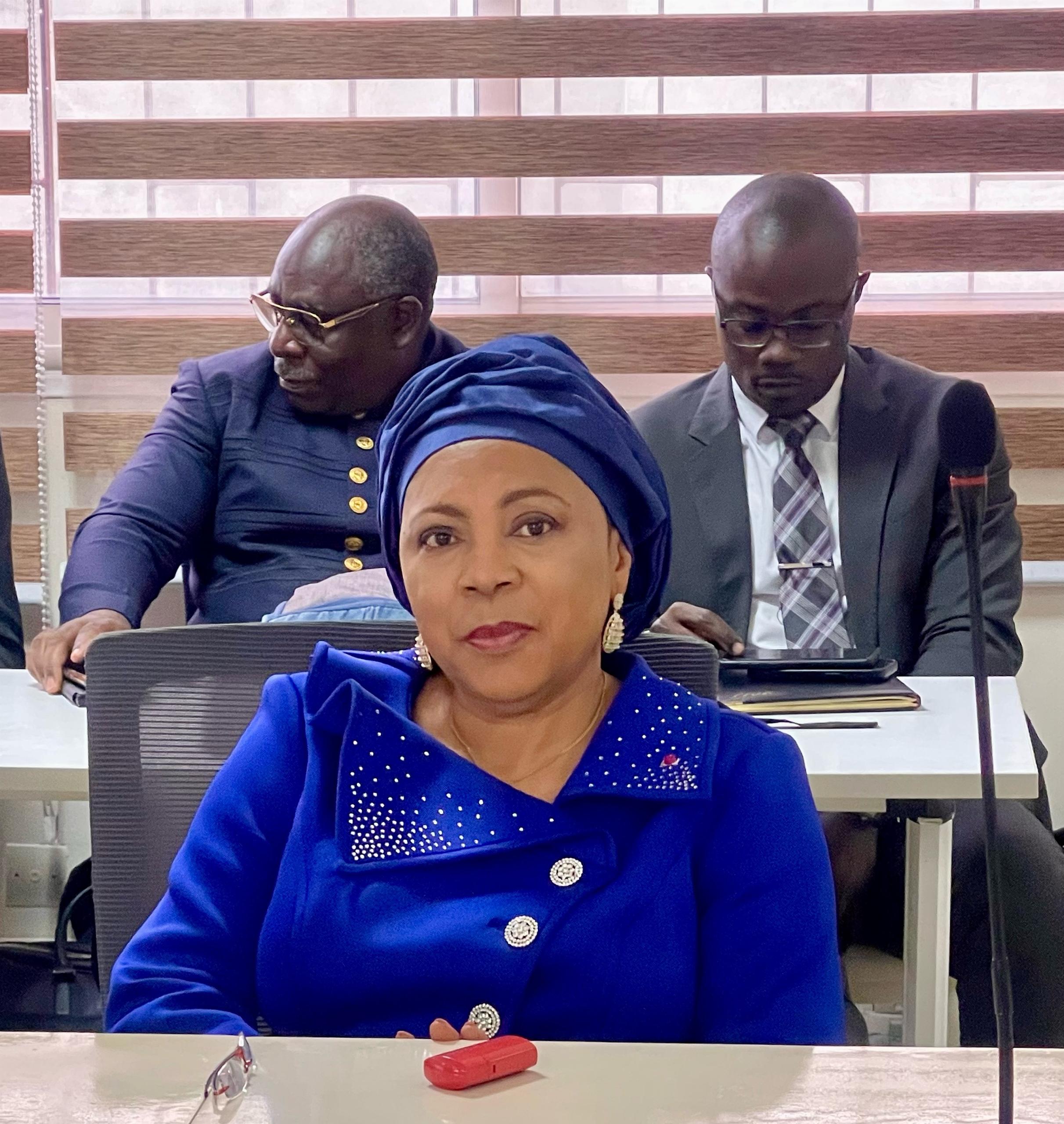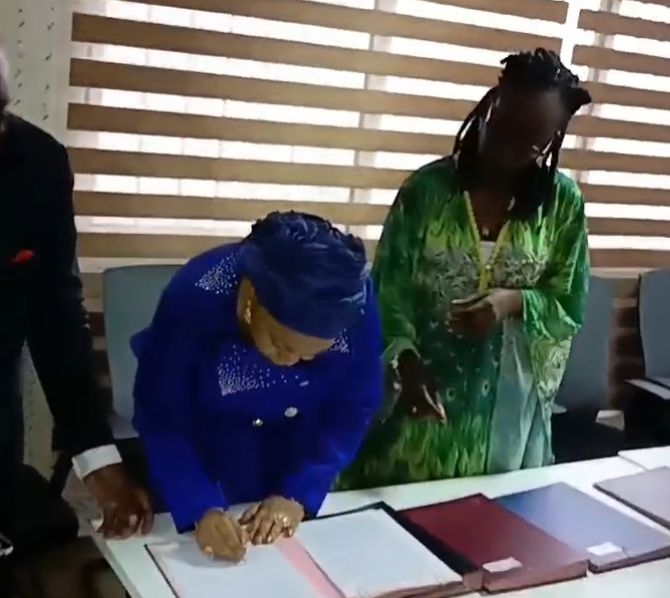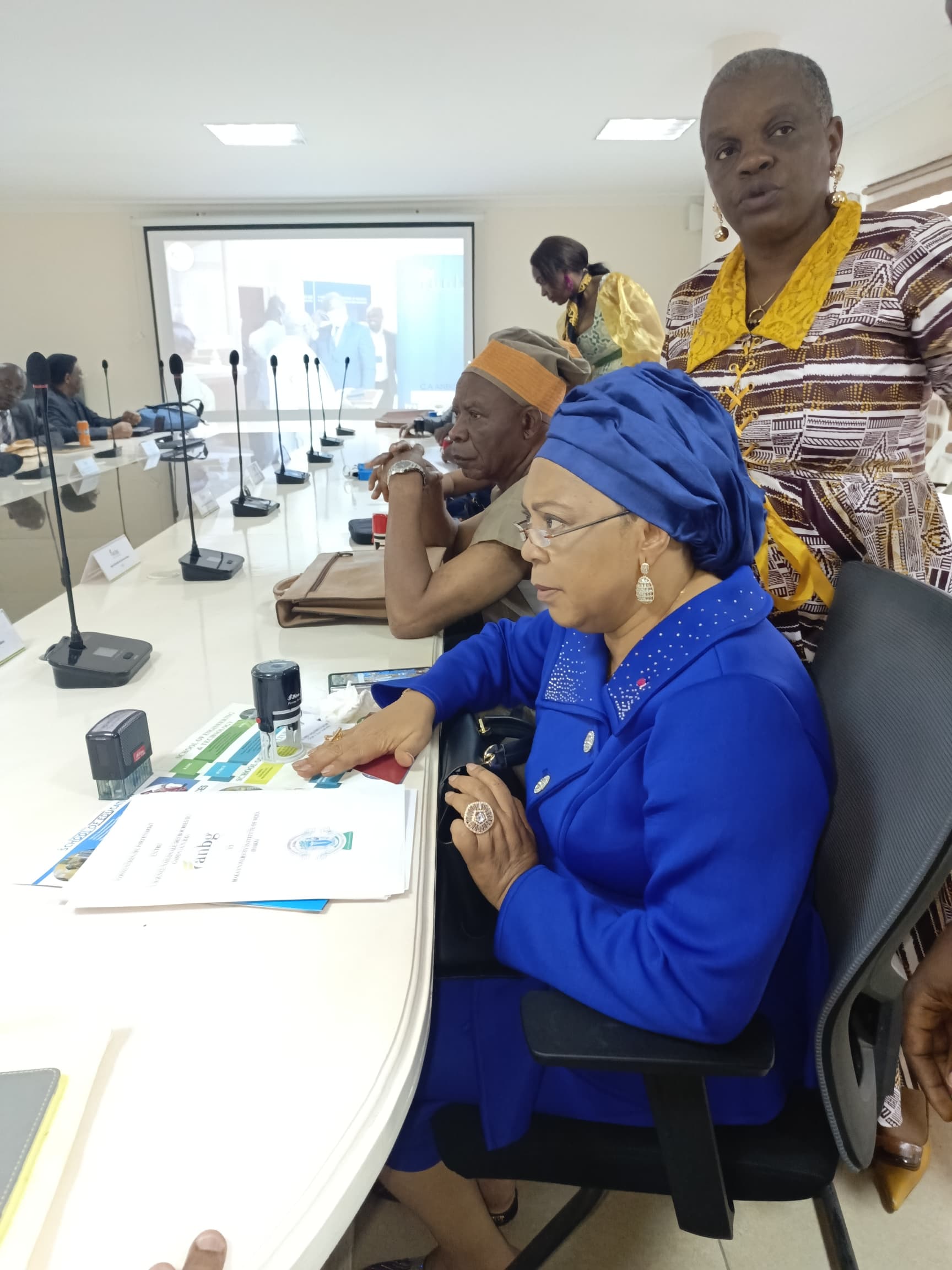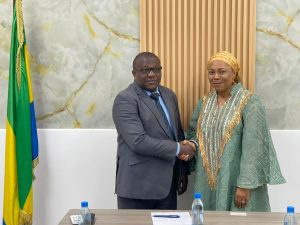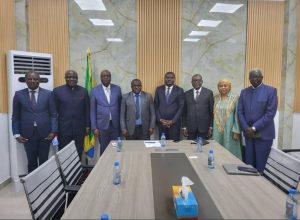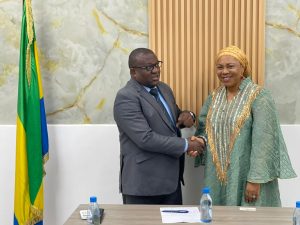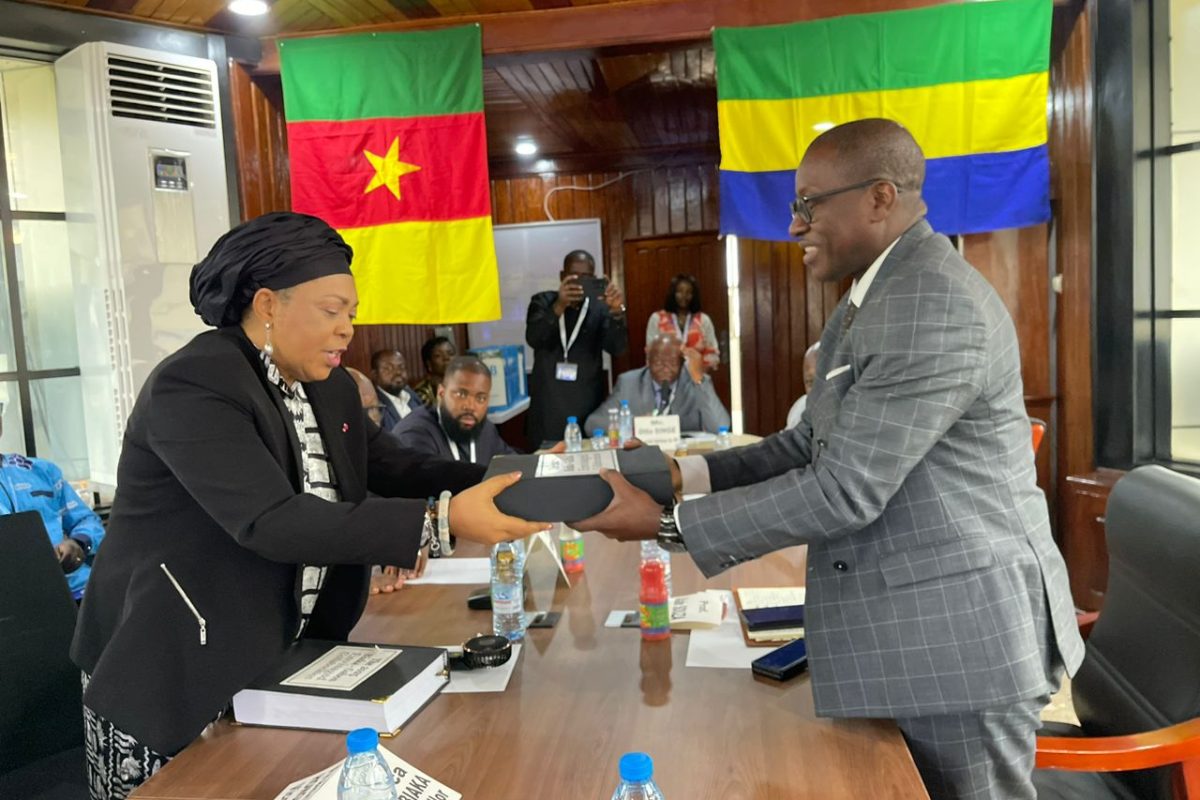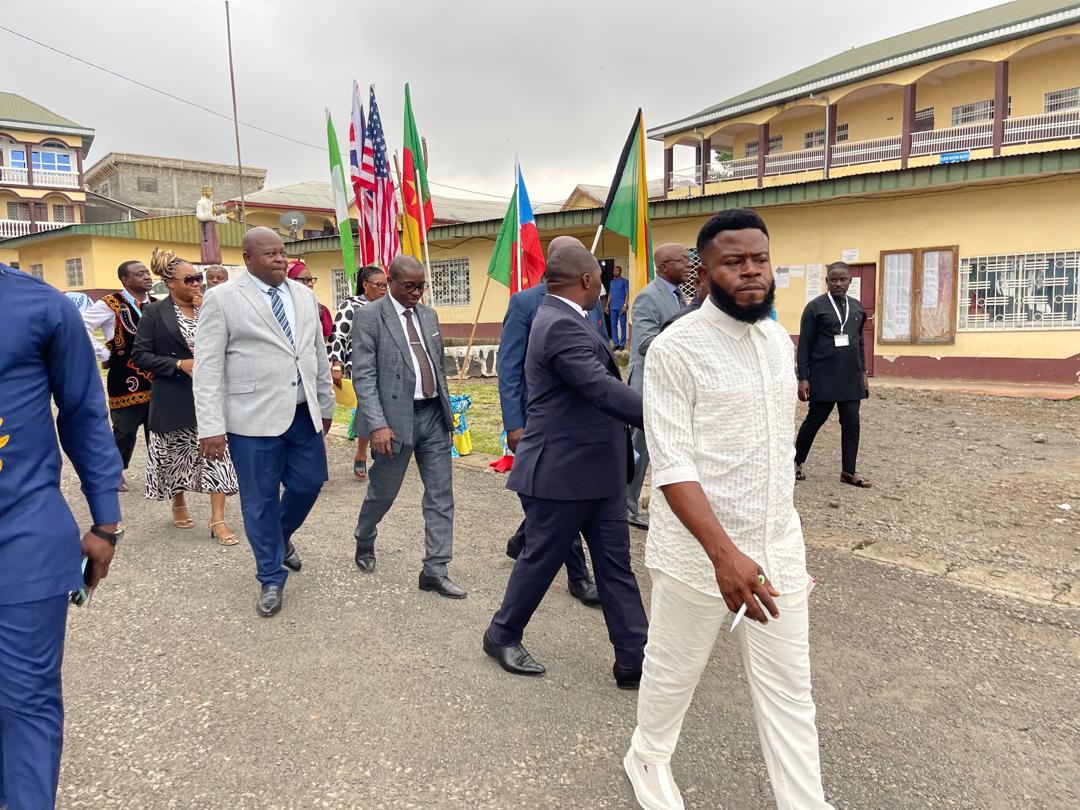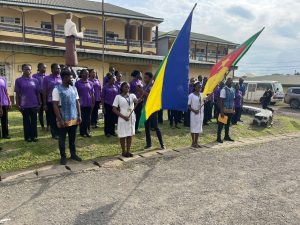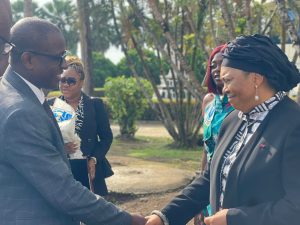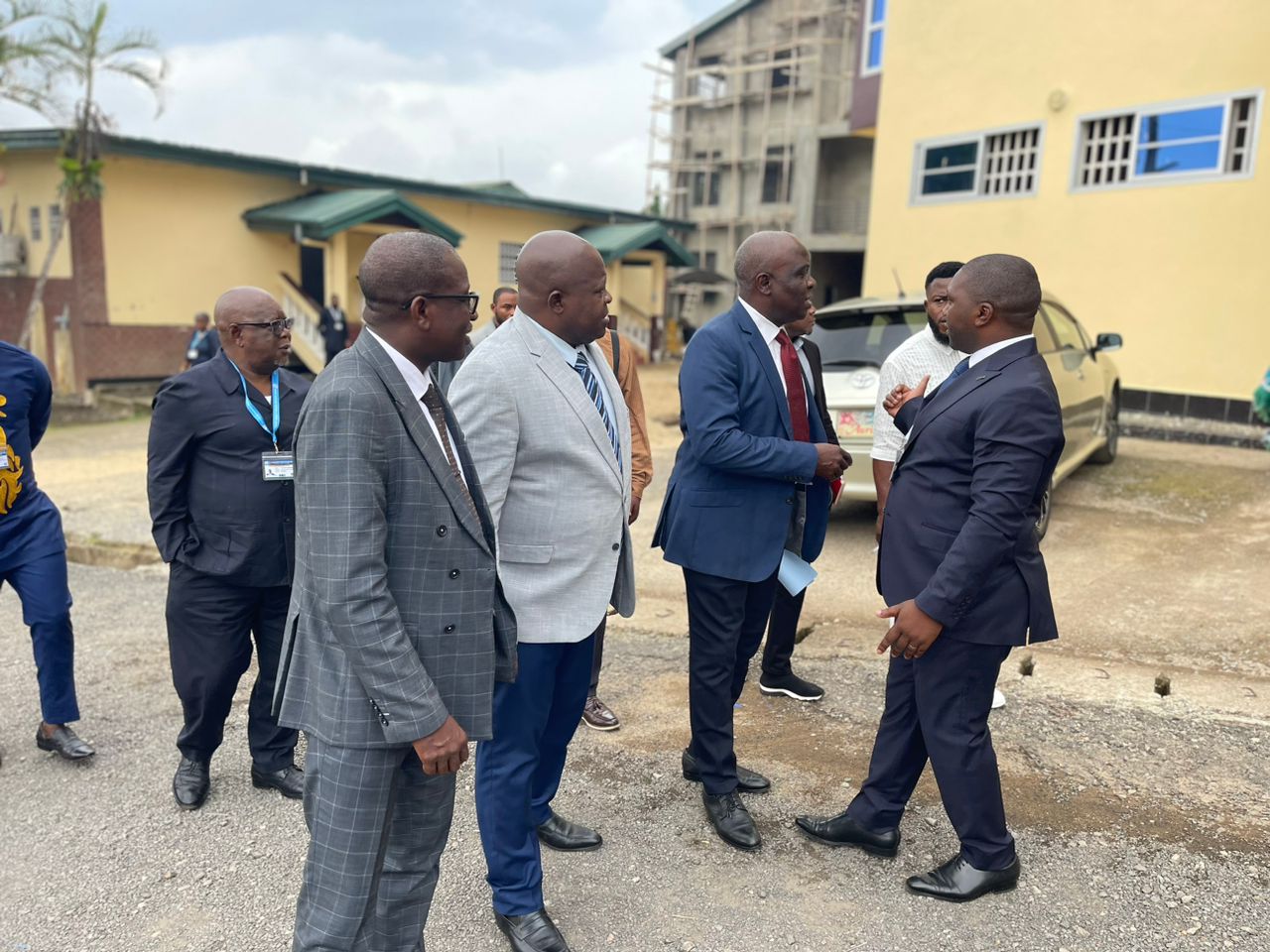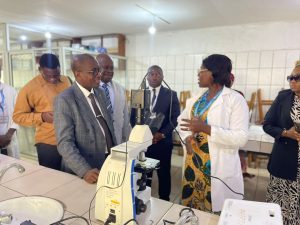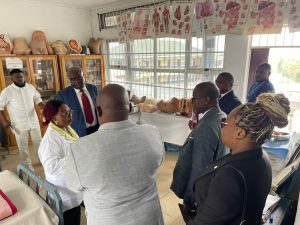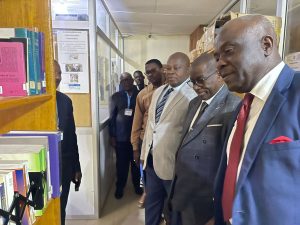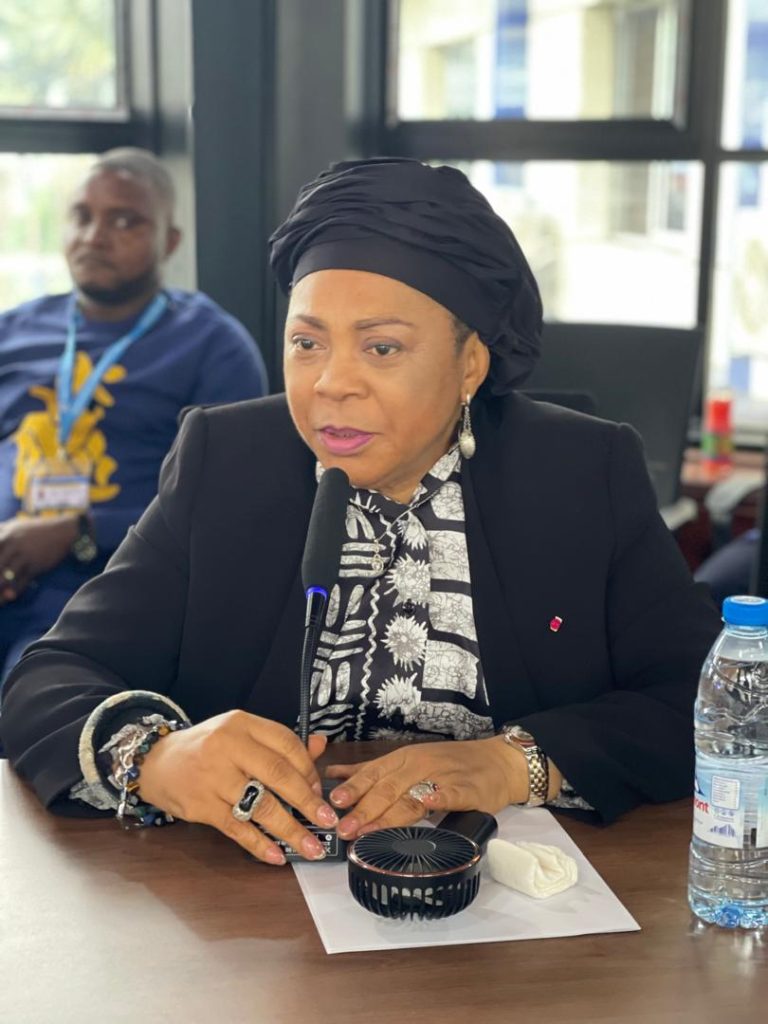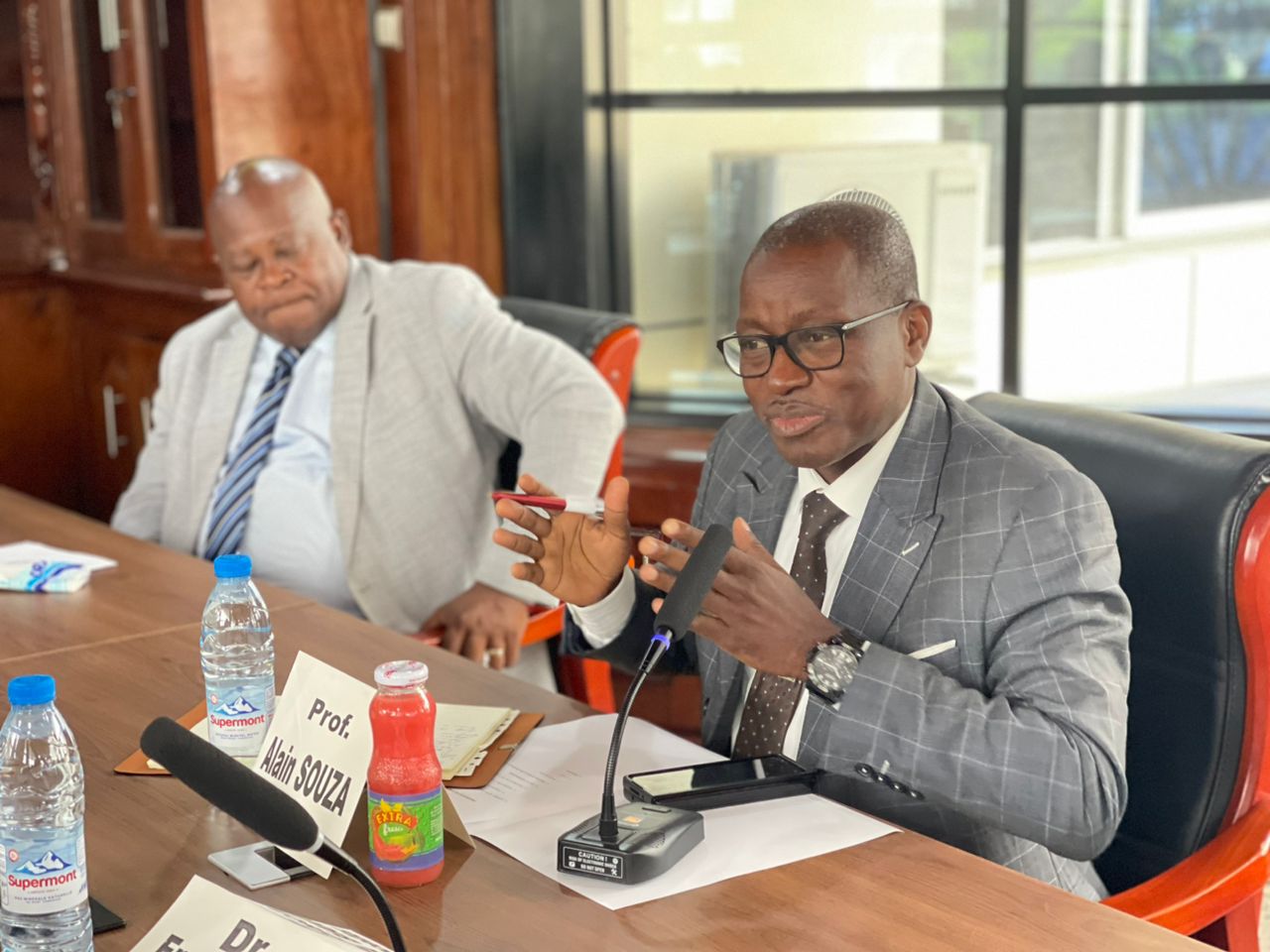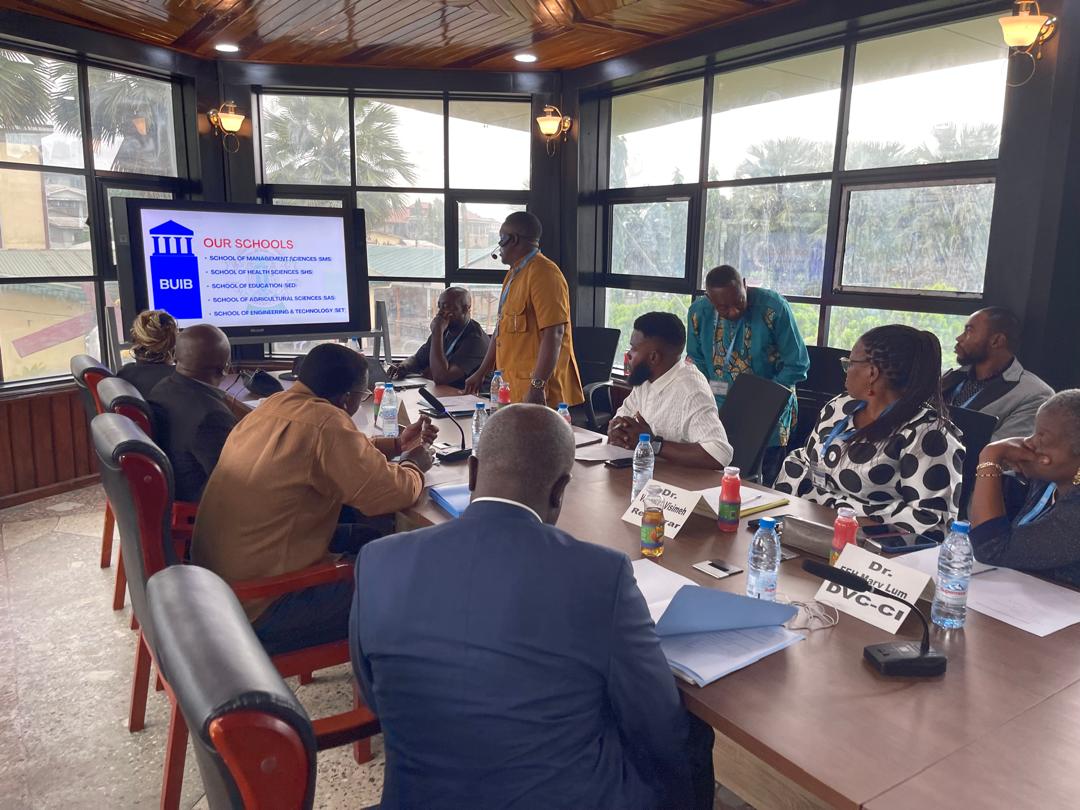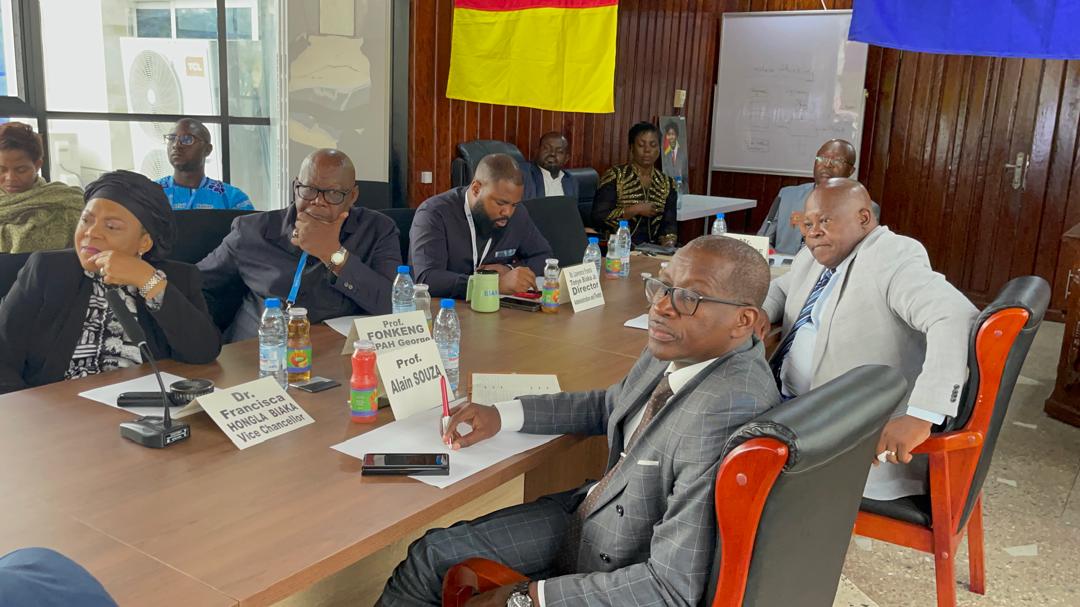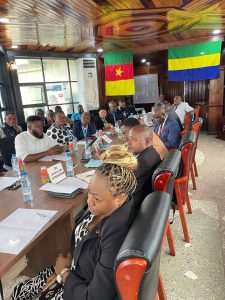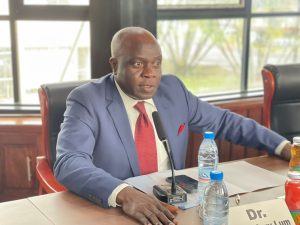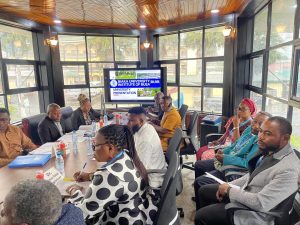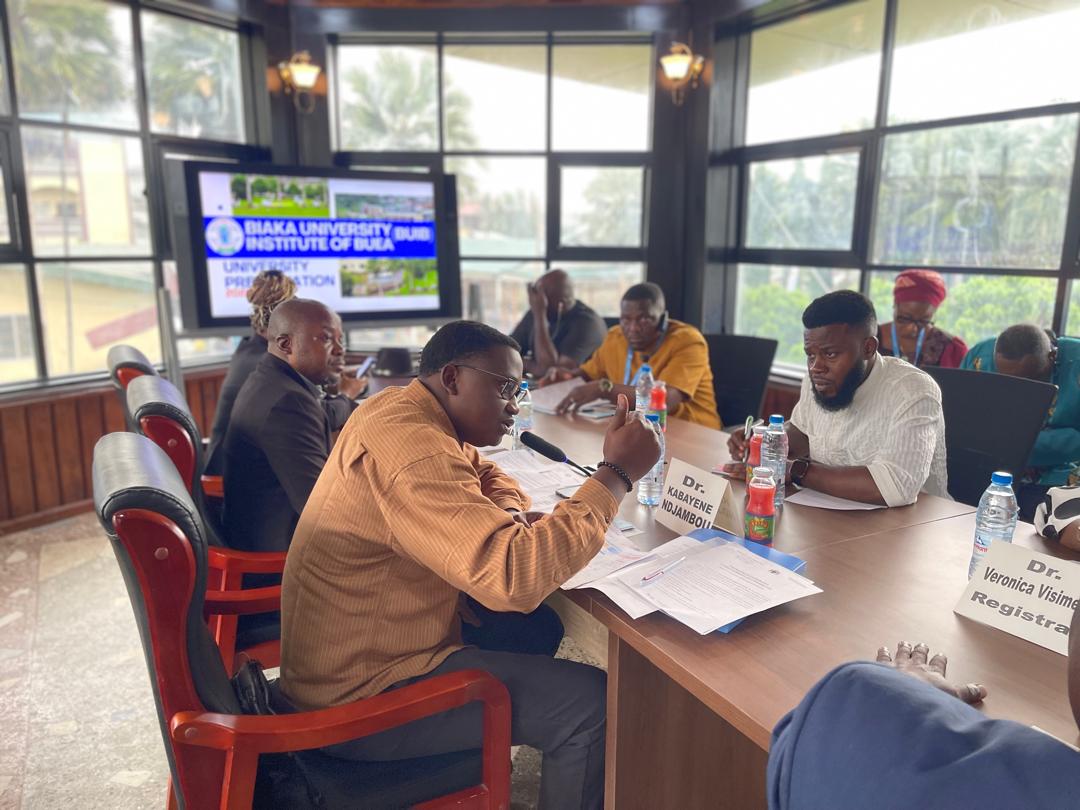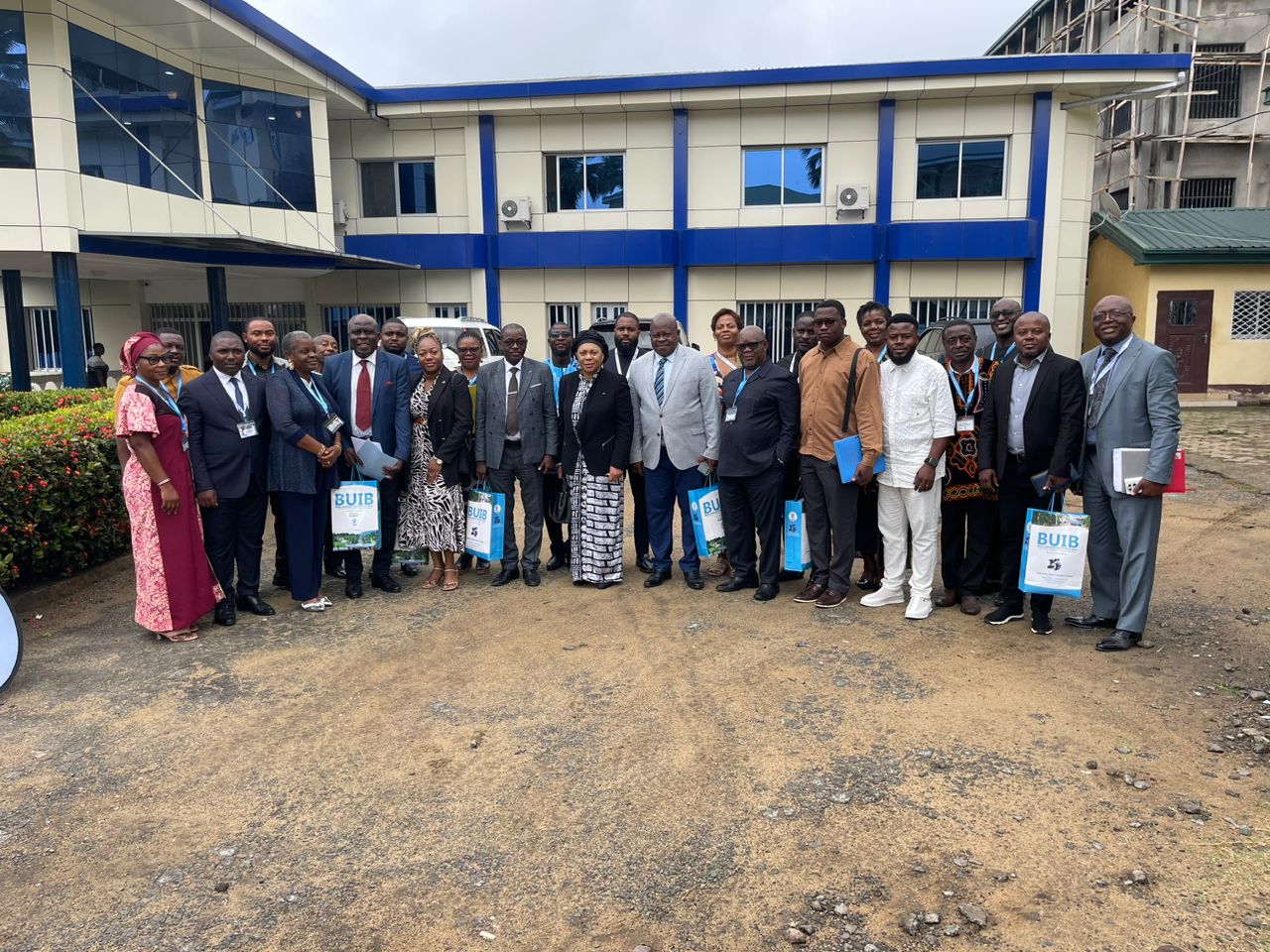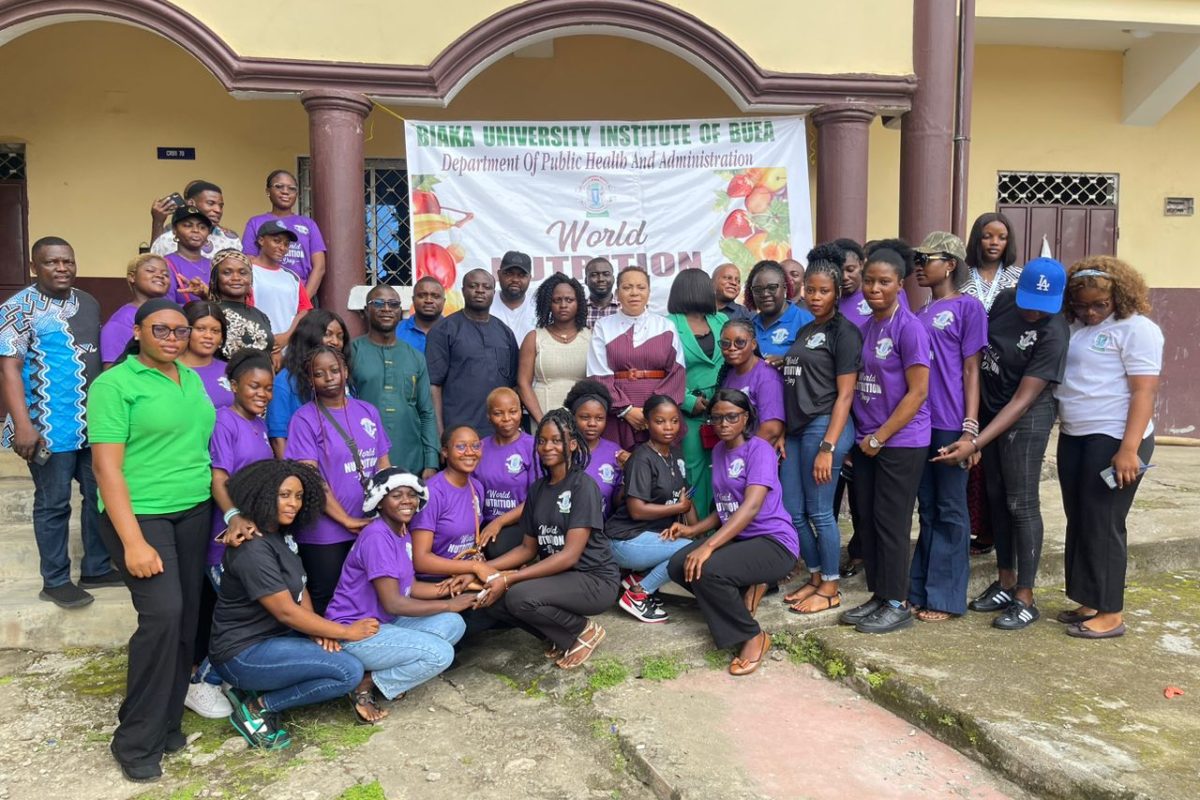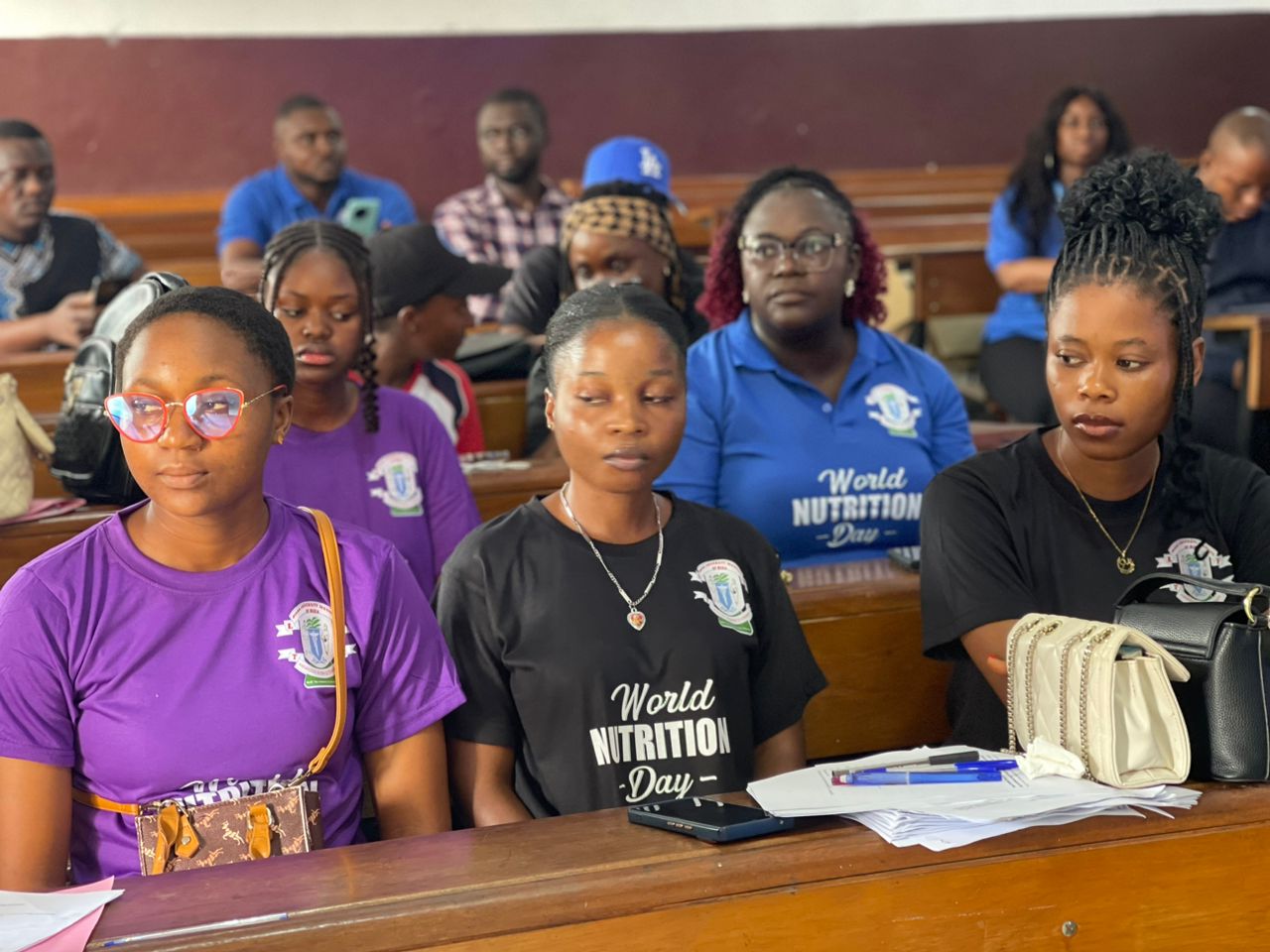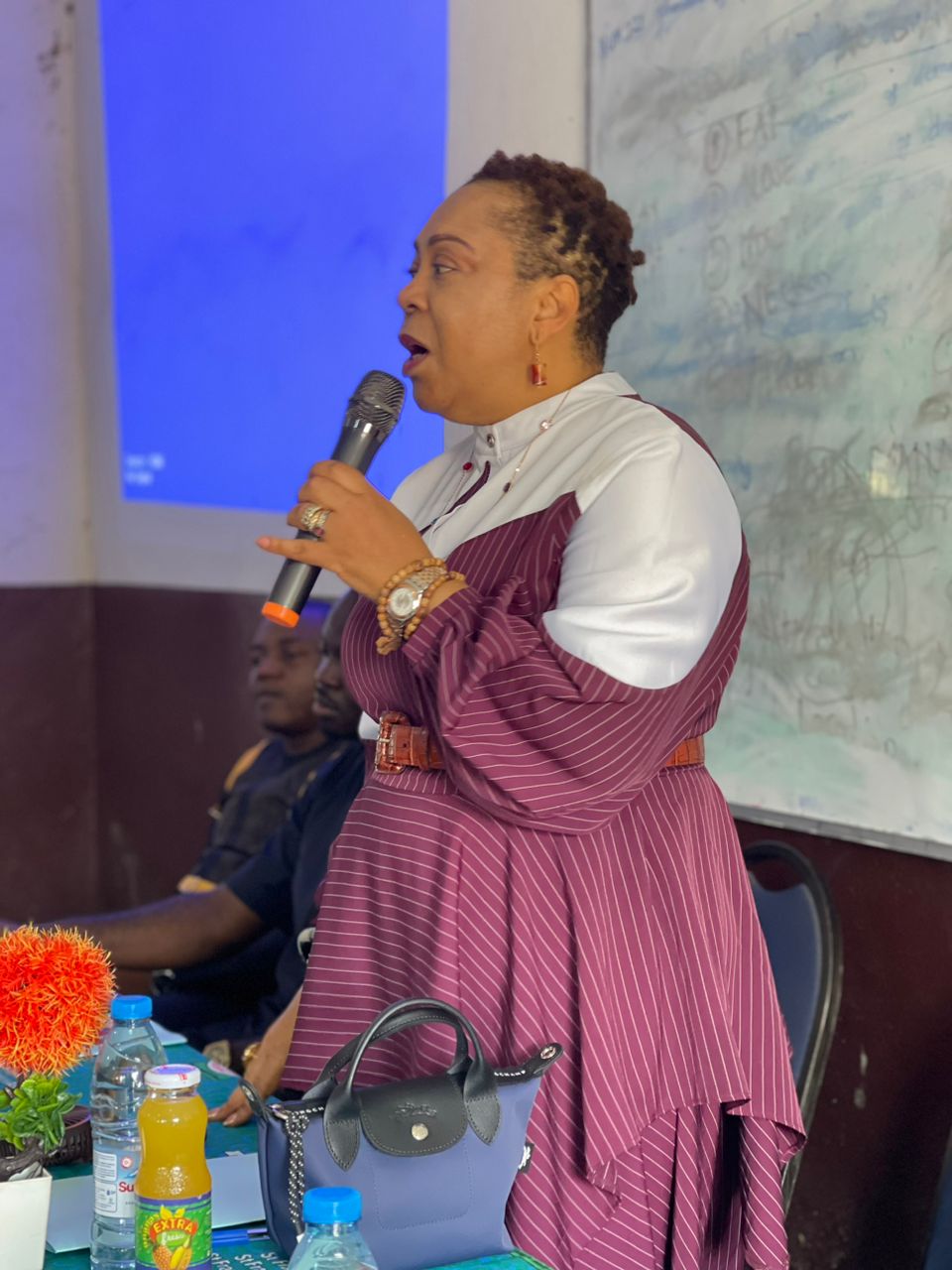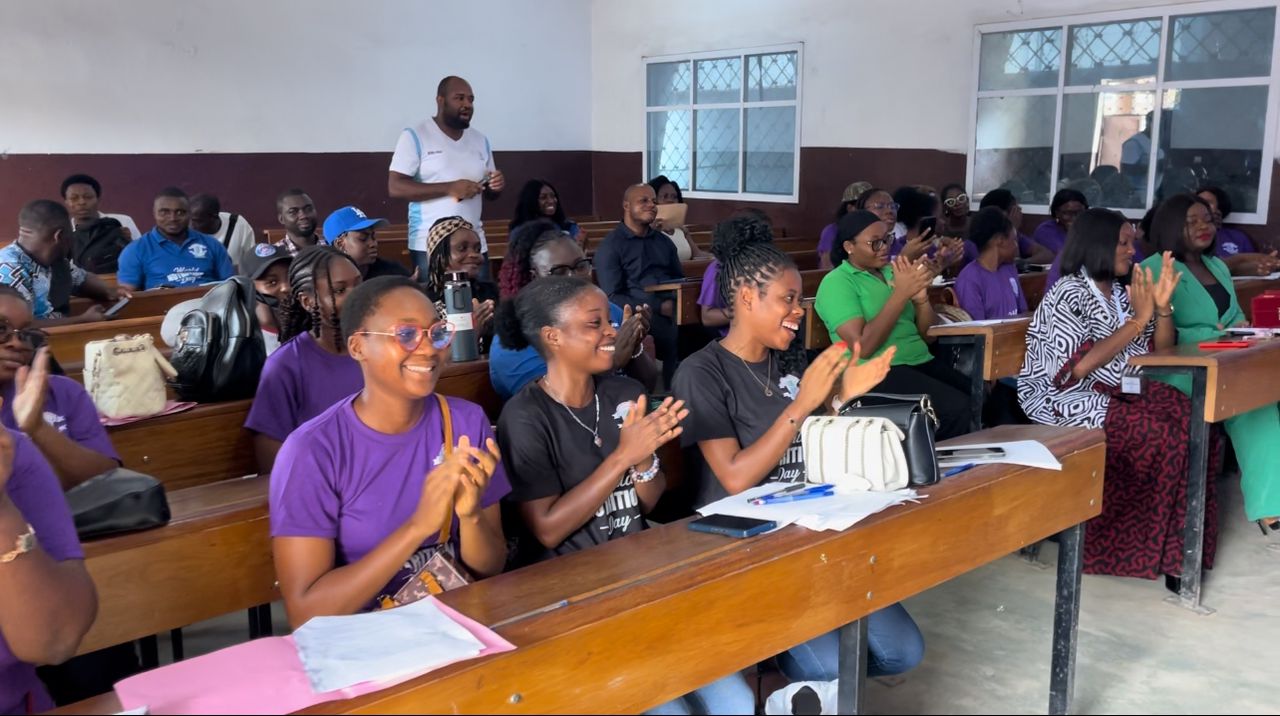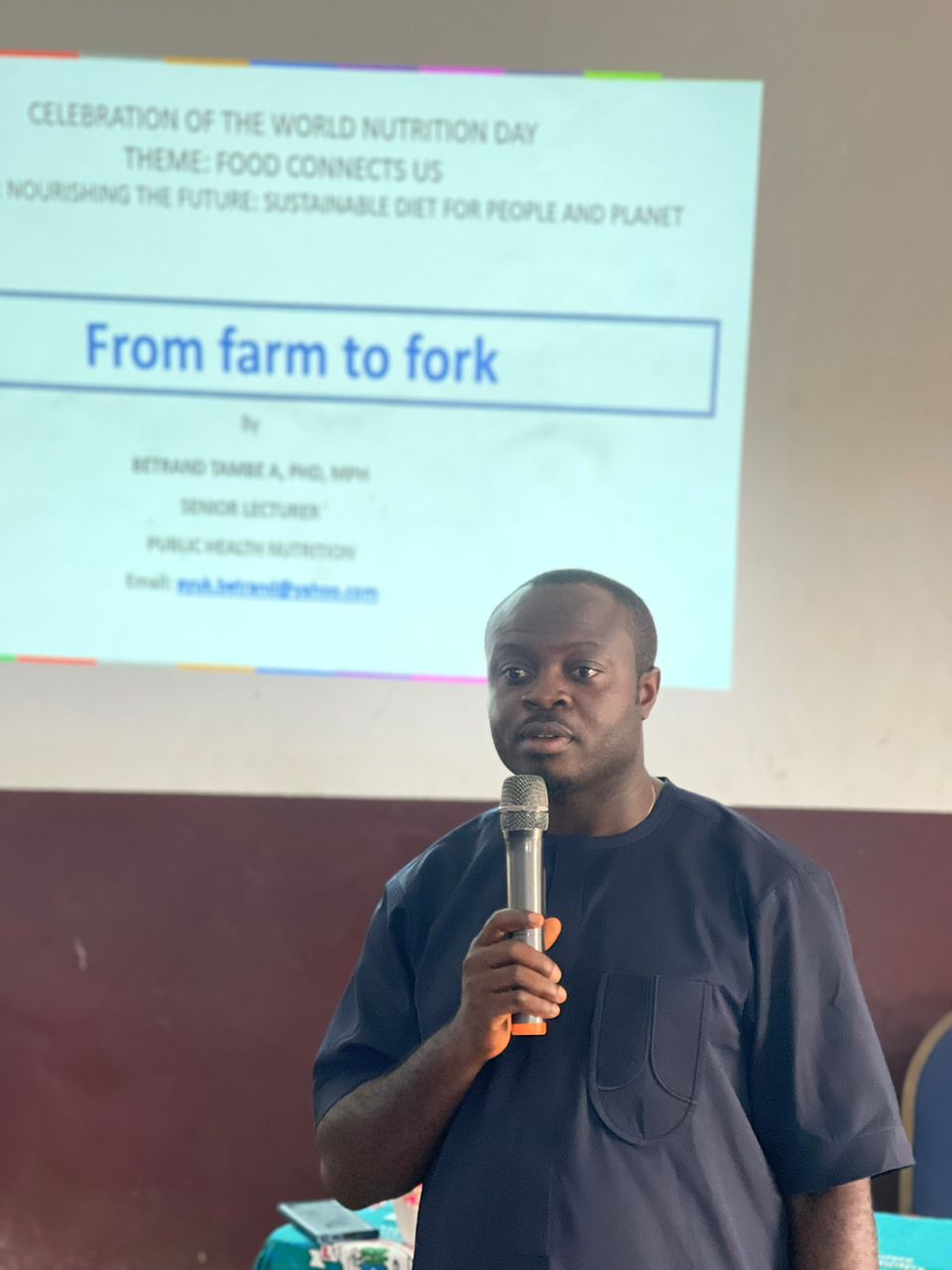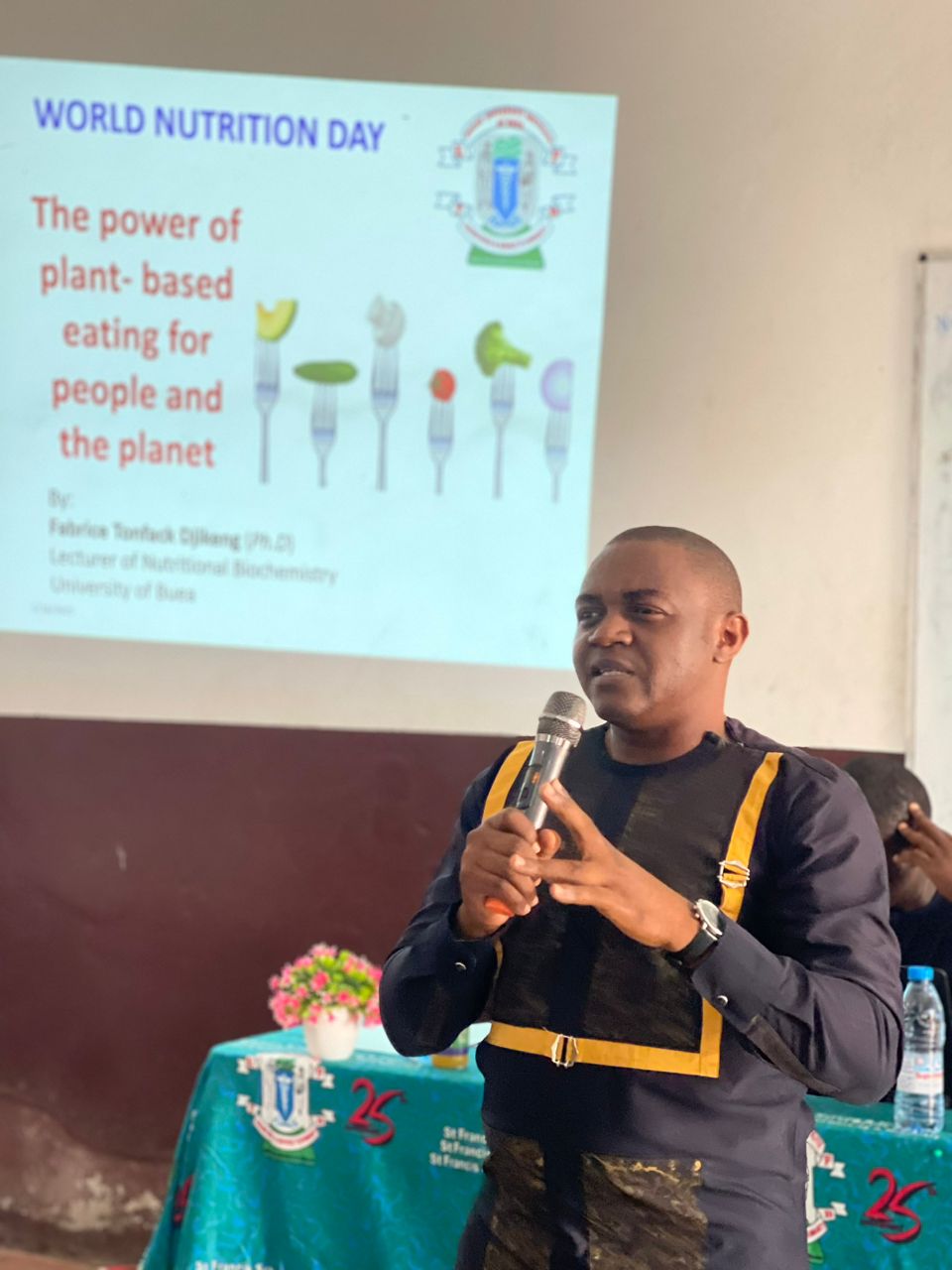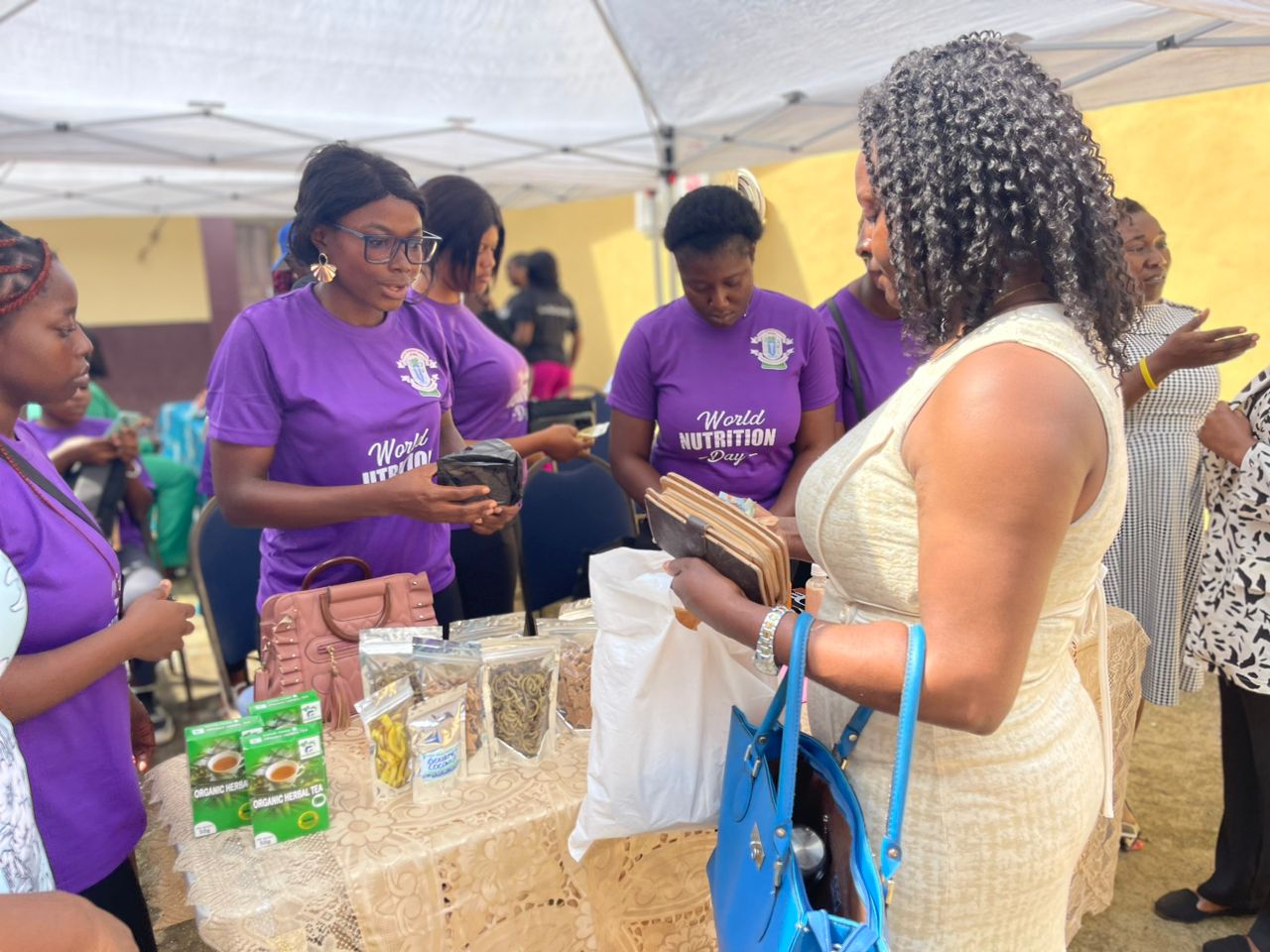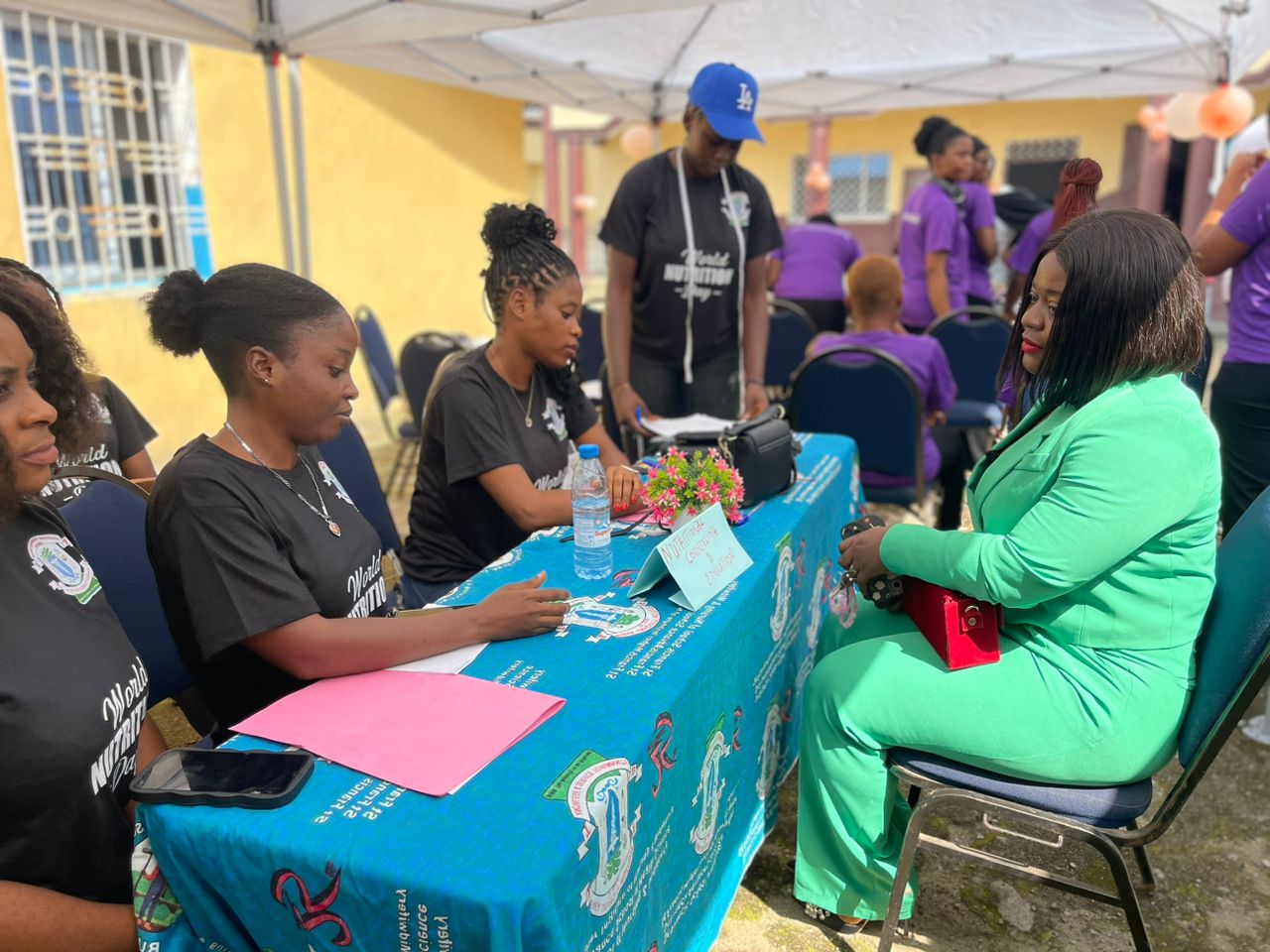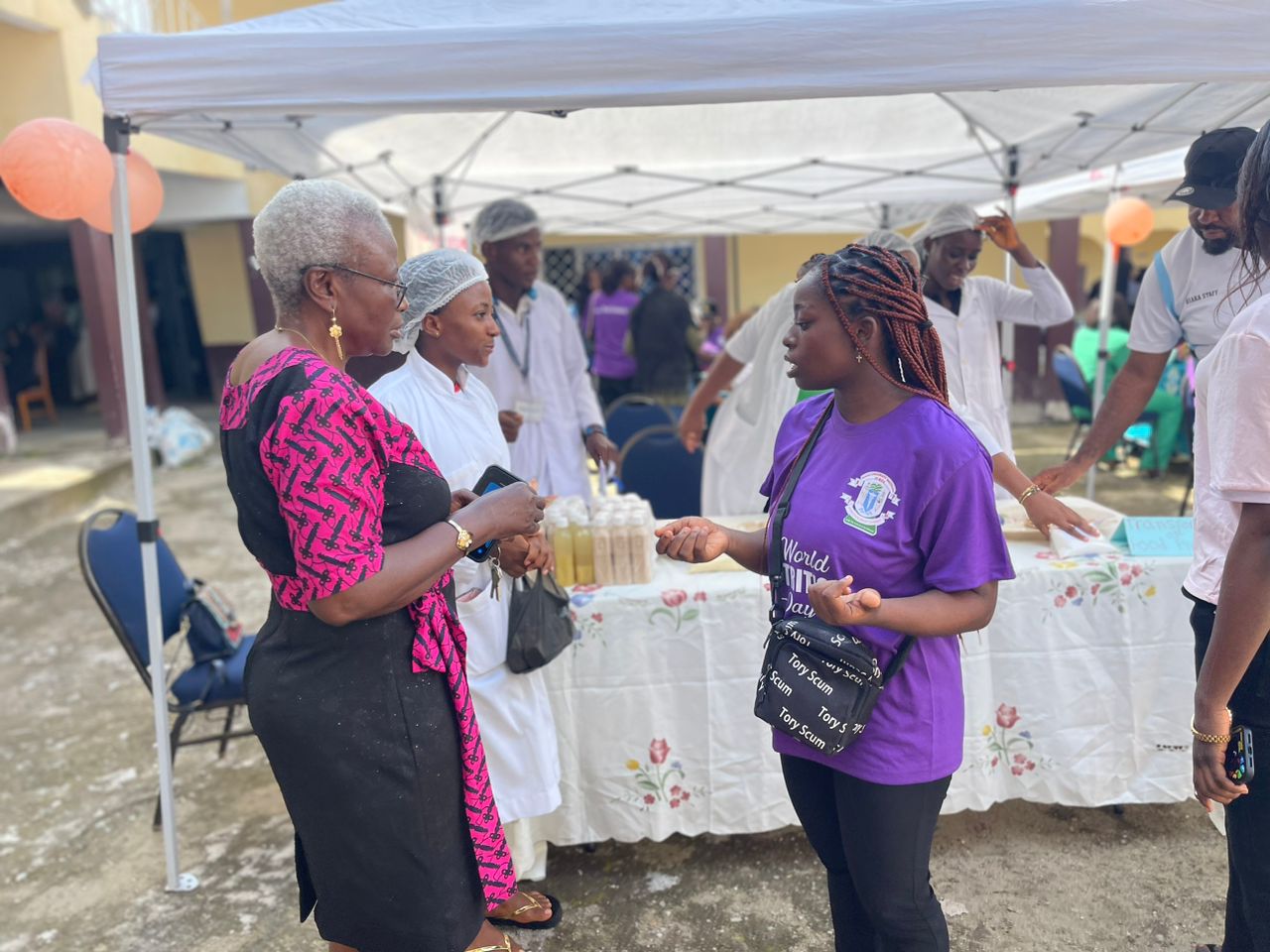In a dynamic bid to bridge classroom learning with practical agricultural solutions, students of the Nutrition and Dietetics programme and the School of Agricultural Sciences at the Biaka University Institute of Buea (BUIB) were recently treated to an enriching seminar hosted by SEMAGRI SARL Cameroon. Themed “NOVALLIANCE Tropical Vegetable Seeds: A Tool to Contribute in Food Security,” the seminar brought together students, faculty, and agricultural experts to explore the critical role improved seed varieties play in tackling food insecurity across the region.
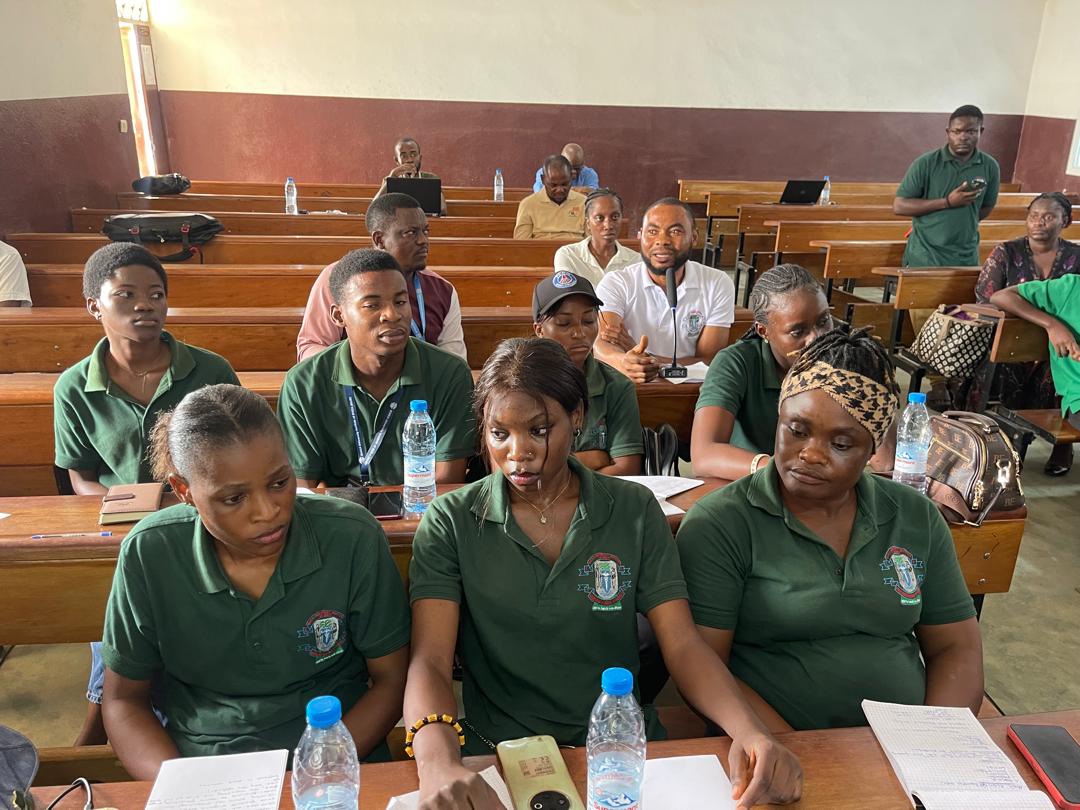
The atmosphere was charged with anticipation as students and guests settled in for what would be an impact learning experience. Taking the podium after the opening prayer was the Deputy Vice Chancellor in charge of Academic Affairs, who delivered a warm welcome and officially opened the seminar. In his remarks, he emphasized the importance of academic-industry collaborations and noted that the seminar aligned perfectly with BUIB’s mission of producing graduates who are not only academically sound but also equipped with practical skills to confront real-world challenges.
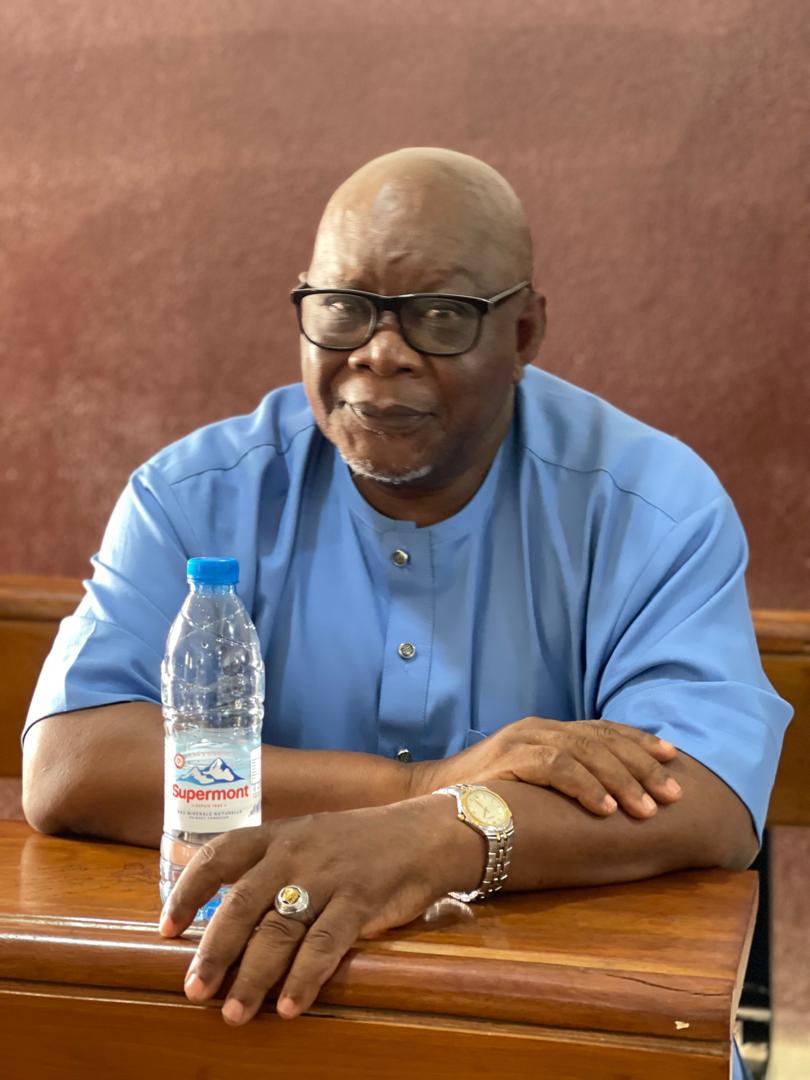
Following his remarks, the Director of Academic Affairs added his voice, commending SEMAGRI for bringing the topic of food security to the academic space. He stressed the need for students to approach the seminar with curiosity and an open mind, reminding them that the journey toward sustainable development begins with the right knowledge.
The next speaker, the Director of the School of Agricultural Sciences, offered some grounding insights into the challenges currently facing agricultural development in Cameroon. He underlined the critical role agriculture plays in ensuring food security and highlighted the importance of quality seeds in increasing yield, improving resilience, and enhancing the nutritional value of food. He encouraged the students to take active interest in agricultural research and entrepreneurship.
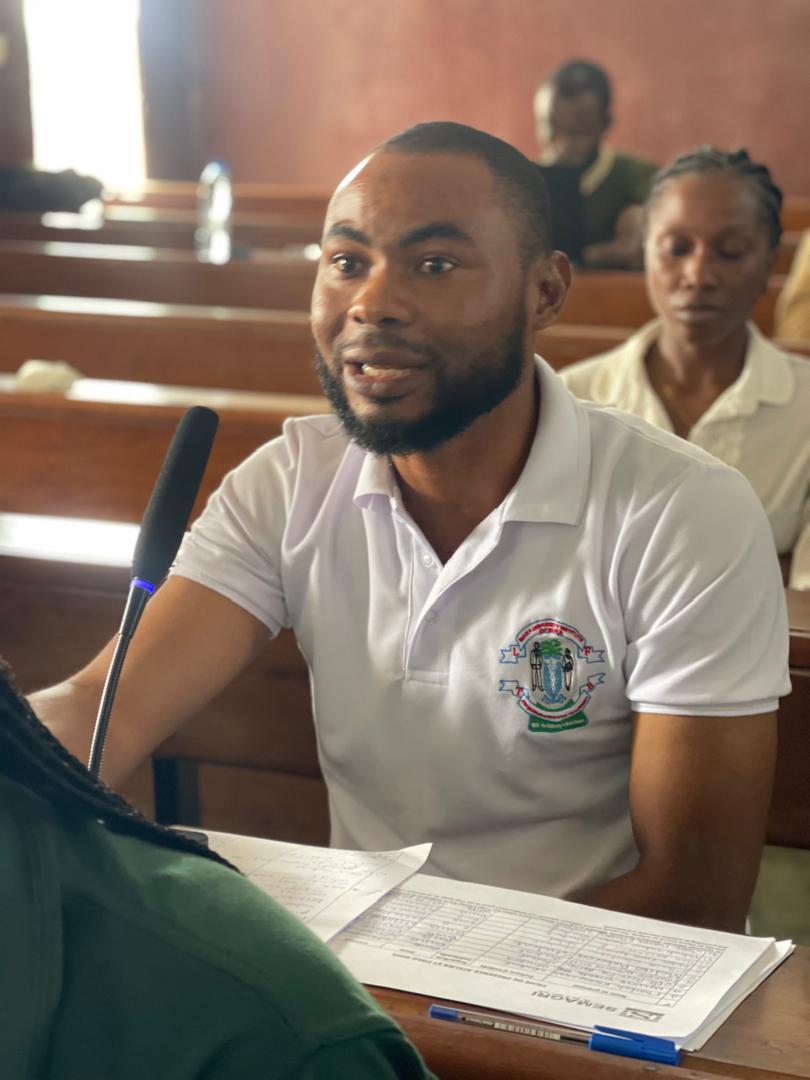
The highlight of the day was a 30-minute presentation by Engineer Delandy, a representative from SEMAGRI Cameroon, who captivated the audience with his expert insights. His presentation delved into the science, benefits, and field performance of NOVALLIANCE tropical vegetable seeds, describing them as a transformative tool in the fight against hunger and malnutrition.
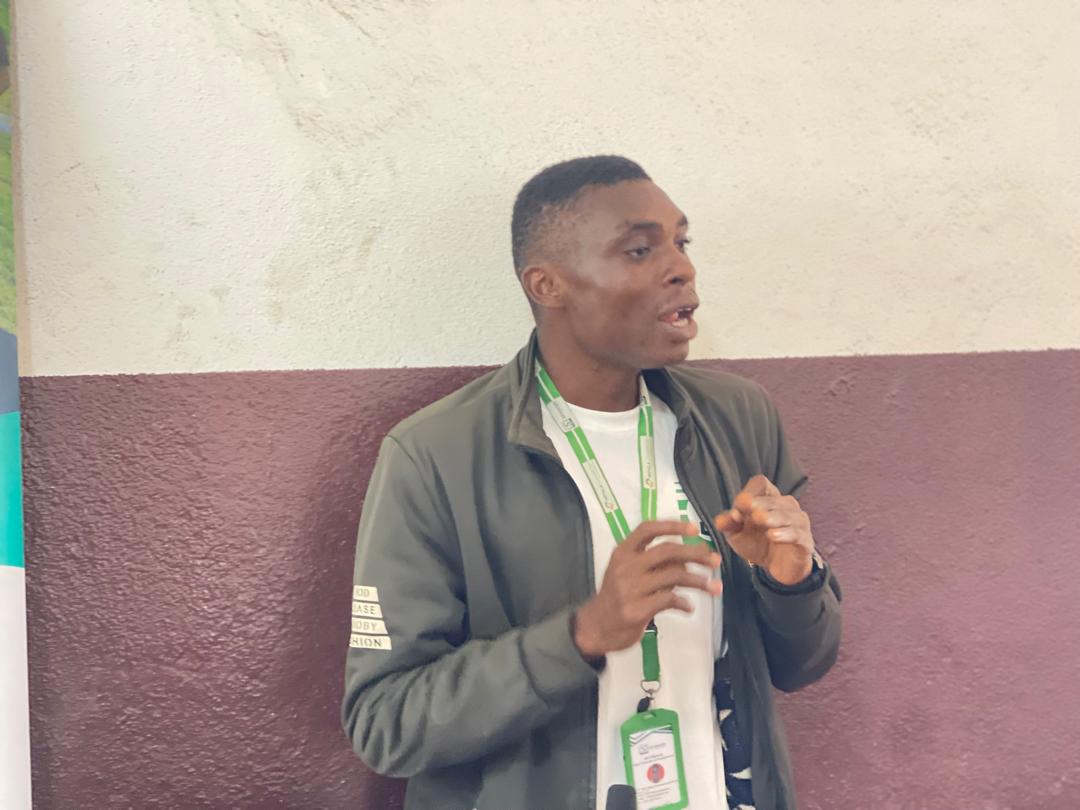
“These seeds are not just about farming,” Eng. Delandy stated. “They are about equipping communities to grow more with less, to fight disease with nutrition, and to become self-reliant.” He detailed how NOVALLIANCE seeds are tailored for tropical climates, offering farmers access to high-yield, disease-resistant, and fast-growing vegetable varieties. These qualities, he explained, not only increase productivity but also reduce the risk of crop failure—an essential factor for regions vulnerable to climate variability.
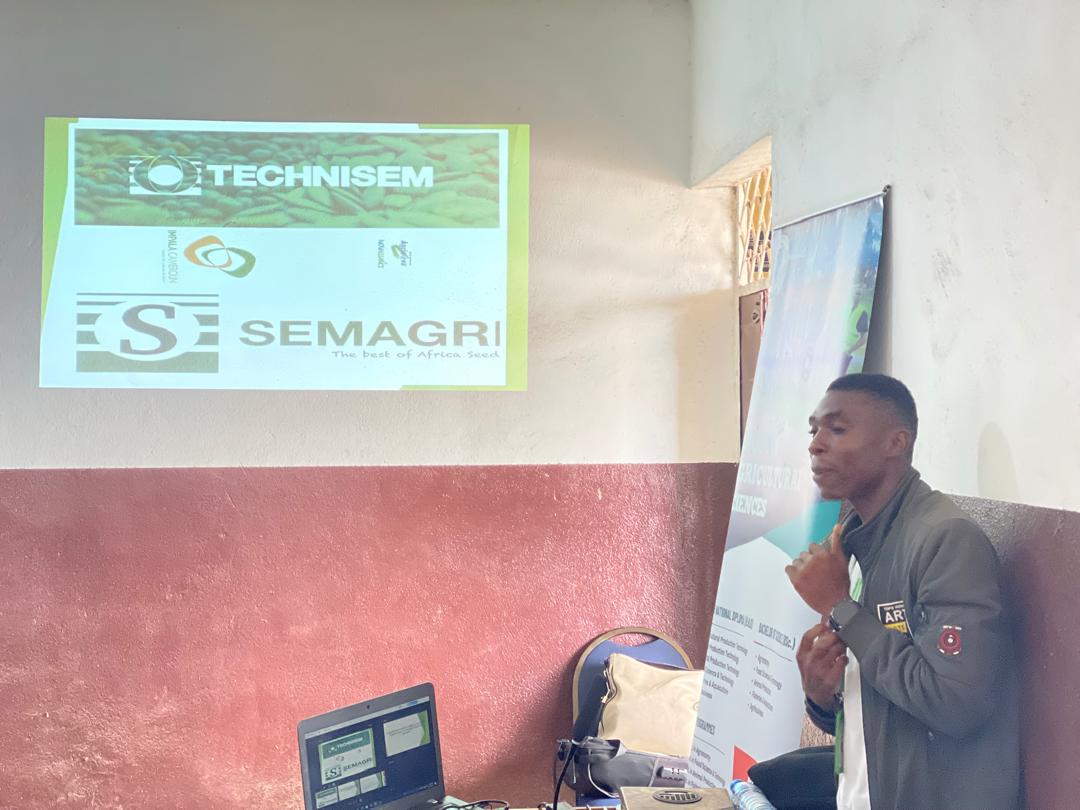
He further explained that vegetable farming, when backed by quality seed input, plays a dual role in promoting food availability and improving dietary diversity—key pillars of food security. From tomatoes and peppers to okra and leafy greens, the seeds offered under the NOVALLIANCE brand are already helping local farmers in various regions improve their output and income.
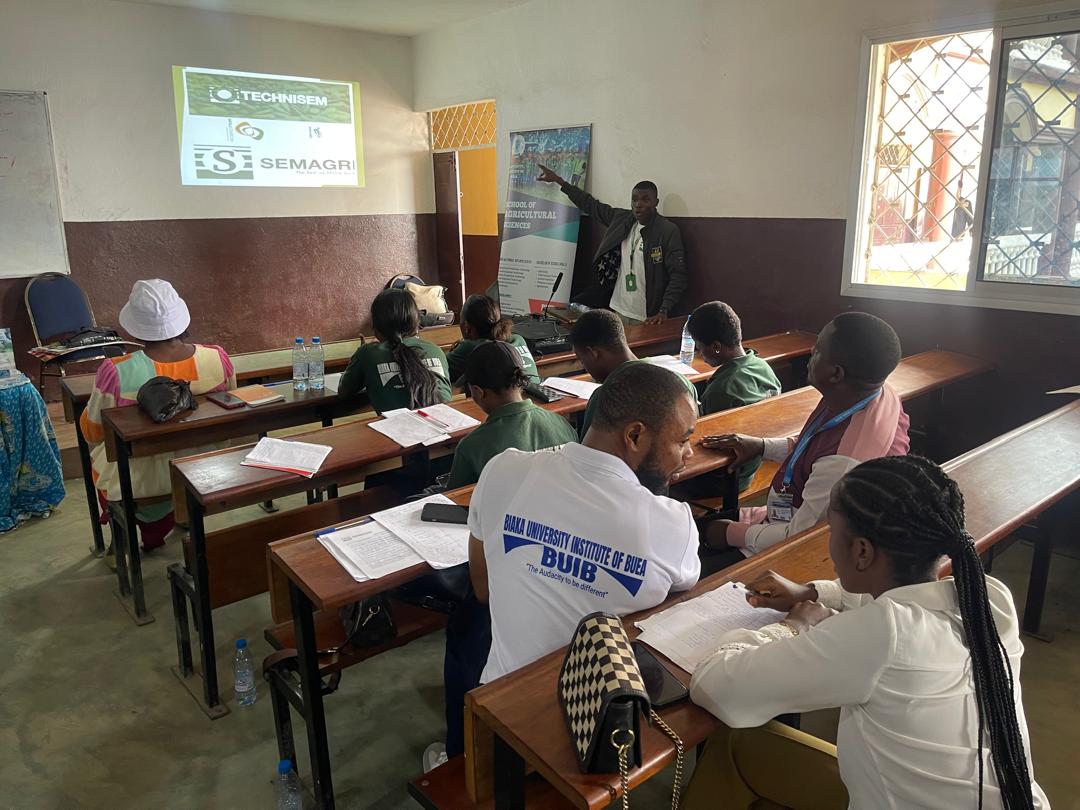
Following the presentation, students engaged actively in a question-and-answer session, where a variety of pertinent questions were raised. Topics ranged from seed preservation and organic farming compatibility to the economics of seed distribution and strategies for youth participation in agribusiness. Eng. Delandy took time to provide thorough responses, encouraging students to see agriculture not just as tradition, but as innovation.
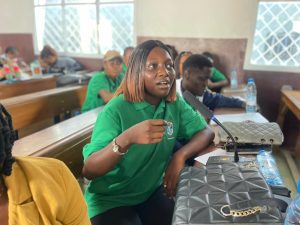
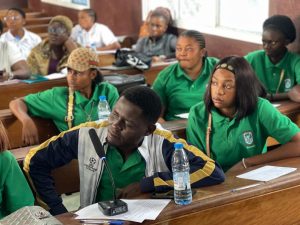
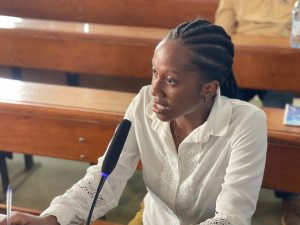
The seminar concluded with a group photo session, where students, lecturers, and the SEMAGRI team gathered to capture the moment. The smiles, handshakes, and shared laughter captured in the photo were symbolic of a productive exchange between academia and industry—a true meeting of minds committed to a more food-secure future.
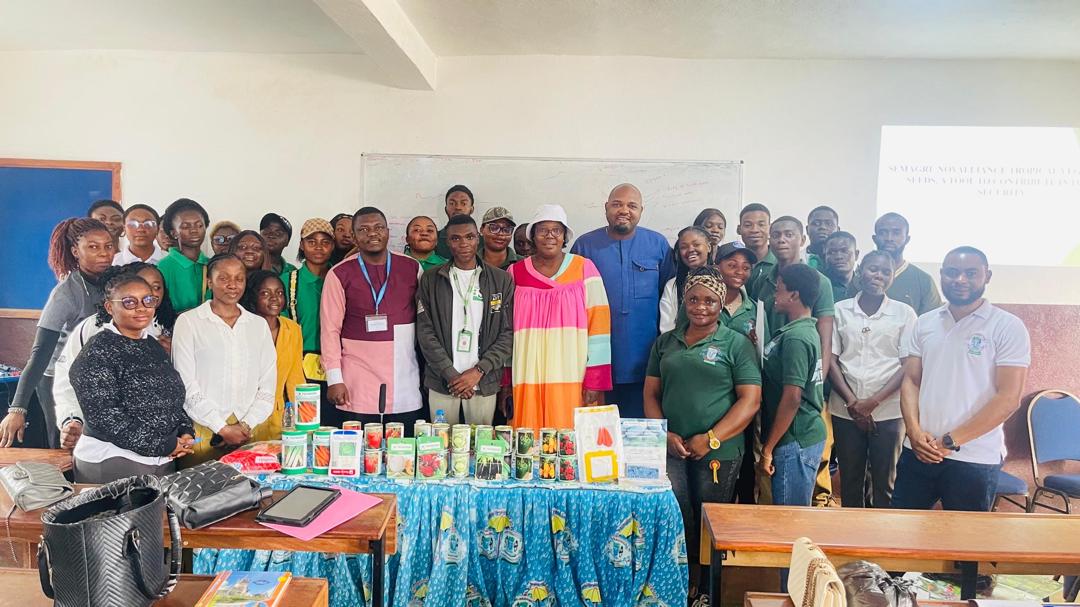
By championing initiatives like this, SEMAGRI Cameroon continues to play a pivotal role in developing sustainable food systems, while BUIB stands as a proud incubator of knowledge and change-makers.


